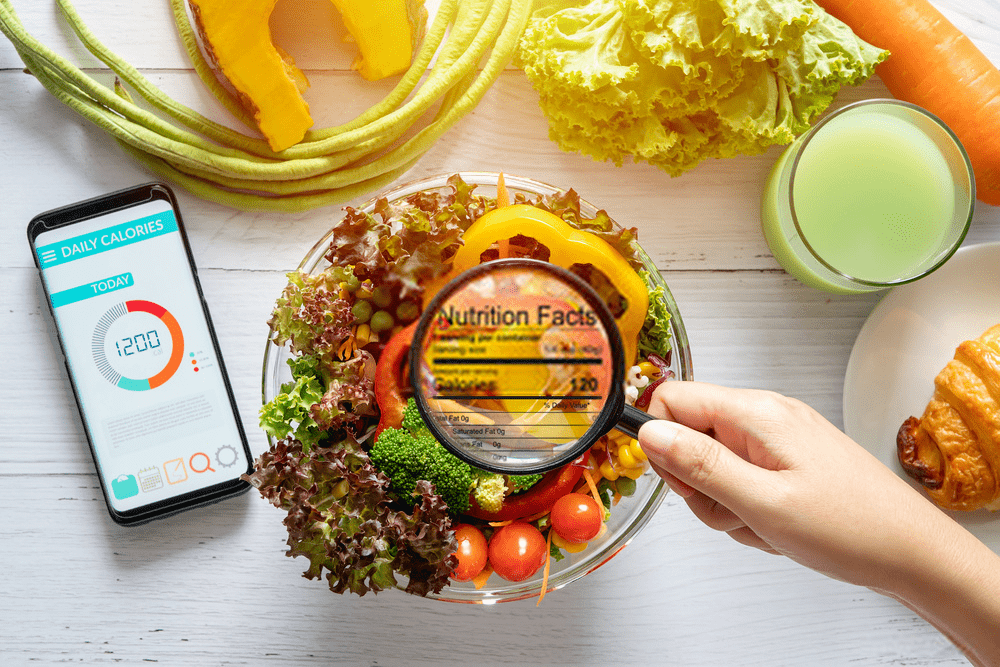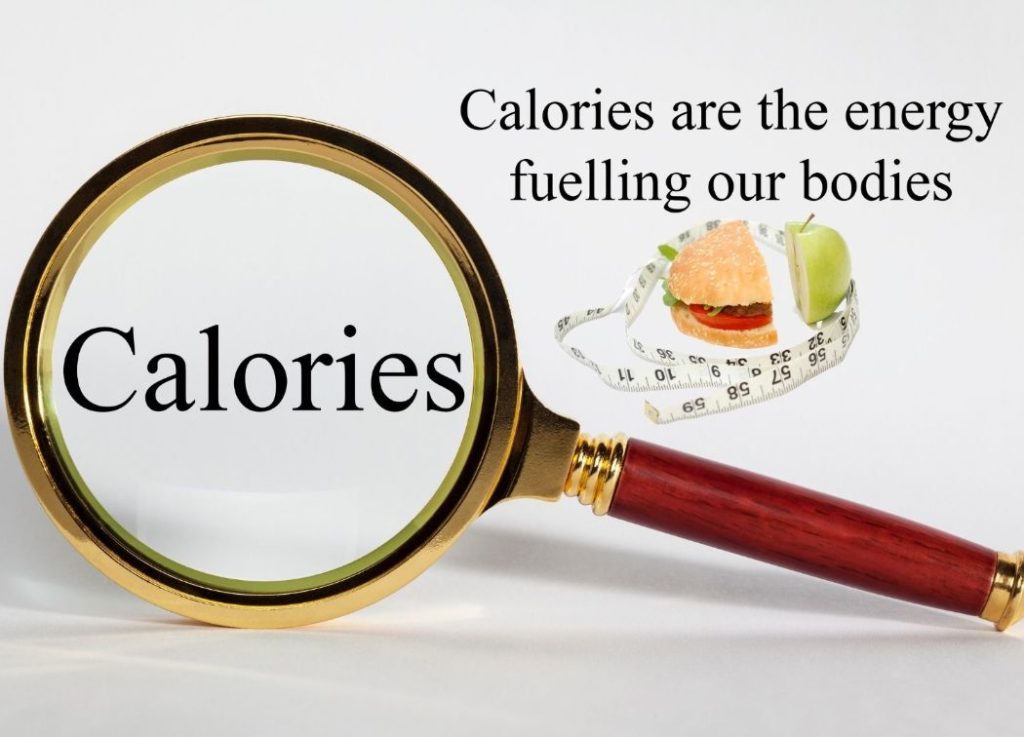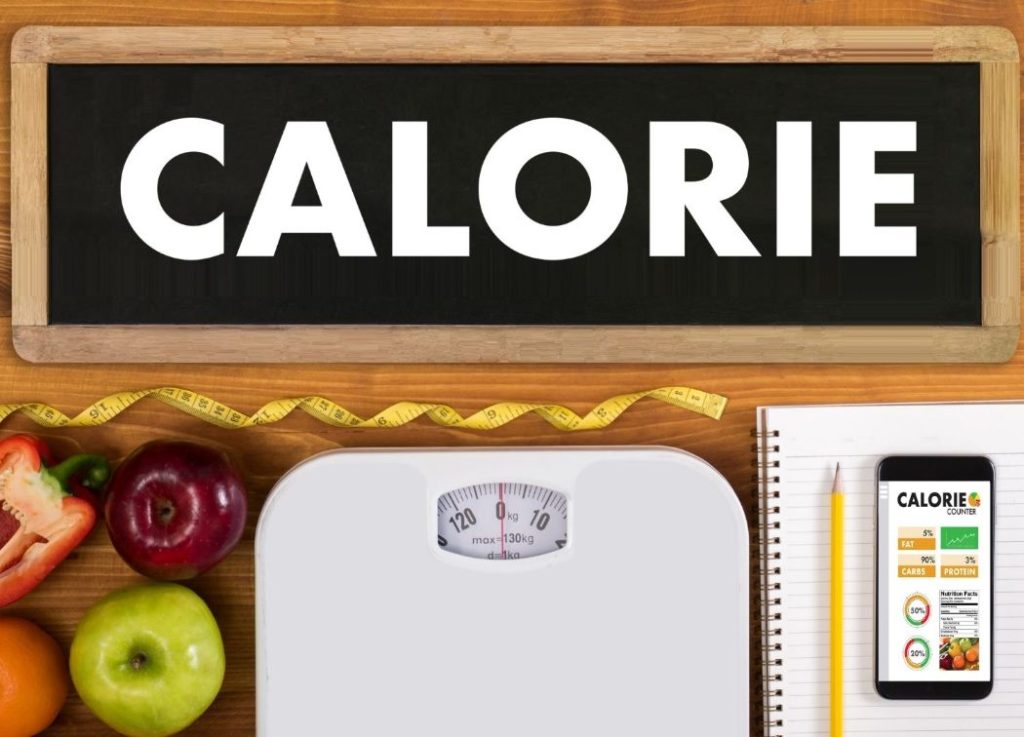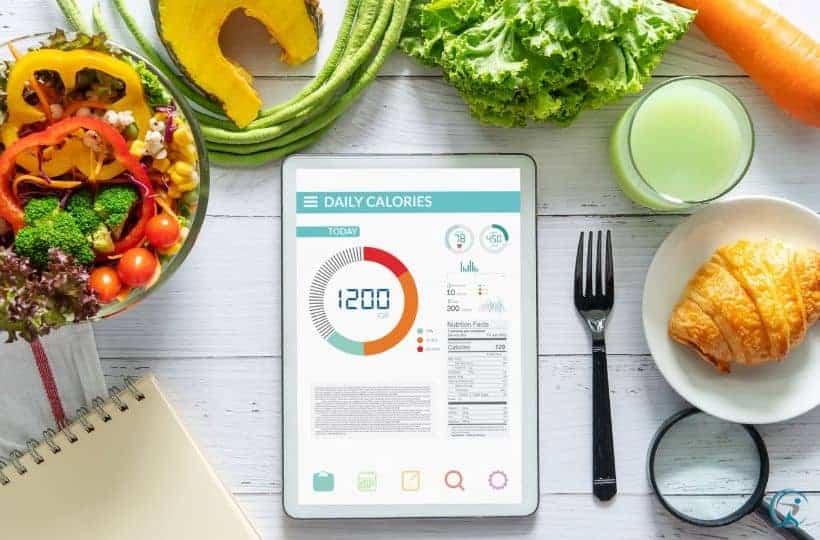Calories are the basis of our body’s energy. They play a key role in weight management, overall health, and fitness. If you want to lose weight, gain muscle, or maintain your current shape, you need to understand calories.

Metabolic Hacking: Your Body's Secret Performance Algorithm
Precise Daily Calorie Calculator: Personalized Nutrition Planning Tool
This guide will explain the science behind calories. It will also cover their history, how to apply this knowledge in real life, and new methods. These insights will help you reach your health and fitness goals.
Key Takeaways:
- Calories are fundamental to energy balance and weight management.
- Understanding macronutrients and their caloric values is essential.
- Modern calorie calculation incorporates individual factors and technology.
- Daily caloric needs depend on BMR, activity level, and goals.
- Advanced concepts like TEF and NEAT impact overall calorie burn.
- Technology plays a significant role in calorie tracking.
- Calorie calculation challenges include eating out and plateaus.
- Future developments may include personalized nutrition based on genetics and microbiome.
Check out your estimated daily calorie need
Calorie Calculator
The Science of Calories: More Than Just Numbers

What is a Calorie?
A calorie measures energy. It shows the energy needed to raise the temperature of one gram of water by one degree Celsius. In nutrition, we use kilocalories (kcal). These are also called “calories” on food labels.
Macronutrients and Their Caloric Values
- Carbohydrates: 4 kcal/g
- Proteins: 4 kcal/g
- Fats: 9 kcal/g
- Alcohol: 7 kcal/g
Understanding these values is crucial for accurate calorie calculation and balanced nutrition planning for optimal health.
The Evolution of Calorie Calculation: From Atwater to Modern Methods
The Atwater System: Laying the Foundation
Wilbur Olin Atwater developed the Atwater system in the late 19th century. This system changed nutritional science. It assigned fixed caloric values to macronutrients. Macronutrients are nutrients like proteins, fats, and carbohydrates that our bodies need in large amounts. Even though the Atwater system is old, many modern methods for calculating calories still use it.
Refinements and Criticisms
Over time, researchers Annabel Merrill and Bernice Watt of the USDA improved Atwater’s work. They proposed specific calorie conversion factors for different foods. This means they created more accurate ways to calculate the energy in various foods. However, critics say this system can still be inaccurate. This is especially true for foods like nuts.
Modern Advancements
Today’s calorie calculation methods incorporate:
- Indirect calorimetry
- Advanced mathematical models
- Consideration of individual metabolic factors
These improvements aim to provide more accurate and personalized calorie estimates.
Practical Applications: Calorie Calculation in Daily Life

Calculating Your Daily Caloric Needs
To determine your daily calorie requirements, consider:
- Basal Metabolic Rate (BMR)
- Physical activity level
- Specific health and fitness goals
BMR Calculation Formulas
For men: BMR = 66.5 + (13.75 × weight in kg) + (5.003 × height in cm) – (6.75 × age)
For women: BMR = 655.1 + (9.563 × weight in kg) + (1.850 × height in cm) – (4.676 × age)
Tracking Calories for Weight Management
- Use a food diary or smartphone app to log your meals
- Read nutrition labels carefully
- Be aware of portion sizes
- Account for beverages and snacks
Calorie Cycling for Optimal Results
Implement calorie cycling to prevent metabolic adaptation and maintain steady progress:
- High-calorie days for muscle growth and recovery
- Low-calorie days for fat loss
- Maintenance days to stabilize weight
Advanced Calorie Calculation Techniques
The Thermic Effect of Food (TEF)
TEF accounts for about 10% of total energy expenditure and varies based on macronutrient composition:
- Proteins: 20-30% of calories burned through digestion
- Carbohydrates: 5-10%
- Fats: 0-3%
Consider TEF when planning meals for optimal calorie burning.
Non-Exercise Activity Thermogenesis (NEAT)
NEAT refers to calories burned through daily activities outside of formal exercise. Increase your NEAT by:
- Taking the stairs instead of the elevator
- Standing while working
- Fidgeting and stretching throughout the day
Metabolic Adaptation and Calorie Adjustment
As you lose or gain weight, your metabolism adapts. Regularly recalculate your calorie needs to maintain progress:
- Adjust every 5-10 pounds of weight change
- Consider body composition changes
- Monitor energy levels and performance
Calorie Calculation for Special Populations
Athletes and High-Performance Individuals
Athletes require tailored calorie calculations based on:
- Sport-specific energy demands
- Training intensity and volume
- Body composition goals
Children and Adolescents
Growing bodies have unique caloric needs:
- Higher calorie requirements per pound of body weight
- Balanced nutrition for proper development
- Gradual adjustments as they age
Older Adults
Aging affects calorie needs and metabolism:
- Decreased BMR with age
- Importance of protein intake for muscle maintenance
- Consideration of medical conditions and medications
The Role of Technology in Calorie Calculation

Smartphone Apps and Wearable Devices
Leverage technology for accurate tracking:
- MyFitnessPal for food logging
- Fitbit for activity tracking
- Smart scales for body composition analysis
AI-Powered Nutrition Platforms
Artificial intelligence is revolutionizing personalized nutrition:
- Meal planning based on individual preferences and goals
- Real-time adjustments to calorie recommendations
- Integration with health data for holistic analysis
Overcoming Calorie Calculation Challenges
Dealing with Restaurant Meals and Takeout
- Look up nutritional information online before ordering
- Choose grilled or baked options over fried
- Ask for dressings and sauces on the side
Navigating Social Events and Holidays
- Plan ahead and allocate calories for special occasions
- Focus on protein and vegetables to stay satiated
- Practice mindful eating and portion control
Addressing Plateaus and Frustrations
- Re-evaluate your calorie needs and adjust accordingly
- Incorporate resistance training to boost metabolism
- Ensure adequate sleep and stress management
The Future of Calorie Calculation
Personalized Nutrition and Genetic Testing
Emerging research suggests that genetic factors influence individual responses to different diets. Future calorie calculation methods may incorporate genetic data for truly personalized nutrition plans.
Microbiome Analysis and Calorie Absorption
The gut microbiome plays a crucial role in nutrient absorption and metabolism. Ongoing studies aim to integrate microbiome analysis into calorie calculation for enhanced accuracy.
Integration with Healthcare Systems
As calorie tracking improves, it might work more closely with healthcare providers. This change could lead to better health monitoring and more personalized treatments.
Conclusion: Empowering Your Health Journey Through Calorie Awareness
Calorie calculation is a powerful tool to help you reach your health and fitness goals. Understanding calories can help you take control of your nutrition and well-being. Use modern technologies that can make calorie tracking easier. Adapt your approach to meet your personal needs.
Calorie tracking is important, but it is just one part of the equation. Focus on eating whole and nutrient-dense foods. Regular physical activity is also crucial for good health. Aim for a balanced lifestyle to achieve the best results.
Start your calorie calculation journey today. Unleash a healthier, more energetic version of yourself!
Transform your fitness journey with our comprehensive guide to calorie cycling and take your health to the next level!
Discover the best foods for weight loss and accelerate your progress towards your fitness goals.
Learn how to calculate your macronutrients for optimal nutrition and body composition.
As a veteran fitness technology innovator and the founder of GearUpToFit.com, Alex Papaioannou stands at the intersection of health science and artificial intelligence. With over a decade of specialized experience in digital wellness solutions, he’s transforming how people approach their fitness journey through data-driven methodologies.
